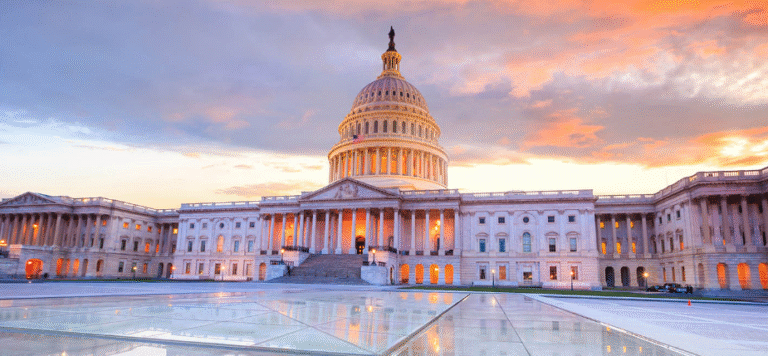The Senate deal to reopen the government that was agreed to be the House and signed into law last evening extends Medicare telehealth coverage through January 30, 2026 and will pay retroactively for virtual care services delivered during the government shutdown that have become a fixture in Medicare since the COVID-19 pandemic.
While Medicare telehealth coverage has broad bipartisan support, it hasn’t yet been made permanent due to the costs. The pharmacy benefit manager (PBM) reform legislation has been often cited as a “pay-for” source to at least continue to the Medicare telehealth program at least in the near term. As the federal threat level to PBMs increases, healthcare marketers should also expect to see increased diversionary attacks against the pharmaceutical industry pricing and marketing practices.
The short-term spending agreement to re-open the government also extends other health policies that expired last month, including a program that allows hospitals to deliver institutional-level care in Medicare patients’ homes, extra Medicare payments for hospitals with low patient volumes and disproportionate numbers of senior patients, as well as funding for community health centers. In addition, it also delays through the end of January scheduled Medicare payment cuts incorporated into this year’s tax bill that was adopted, including laboratory tests and a major cut to hospitals’ Medicaid payments.
For healthcare marketers with hospital and provider clients, these extenders included in this short-term spending deal may create an expectation that they will continue to be included in subsequent, longer-term funding bills that fund the government through the end of the fiscal year.
For questions or further information, please contact Jim Potter at [email protected]




